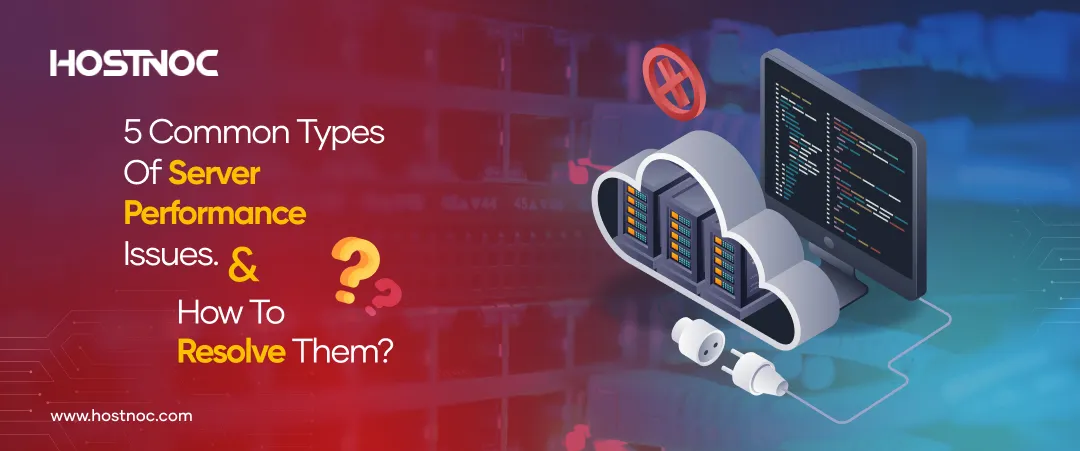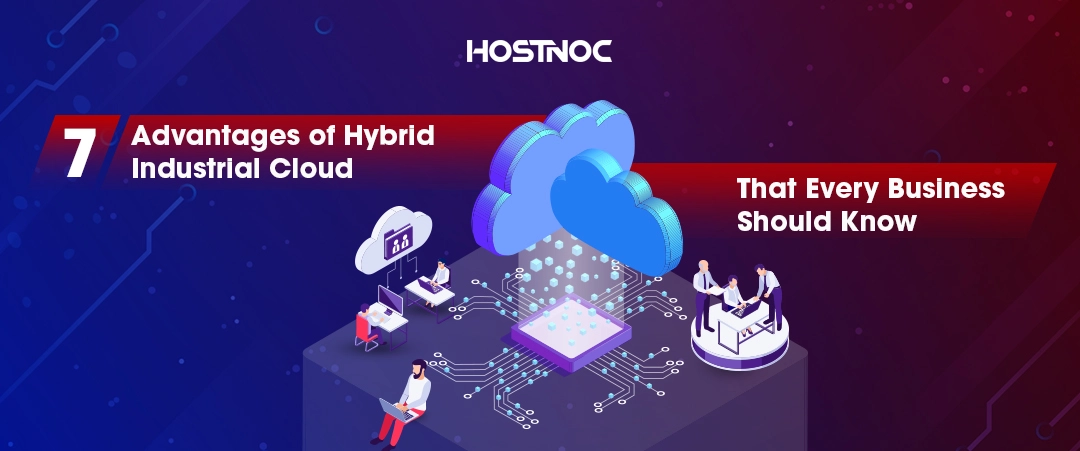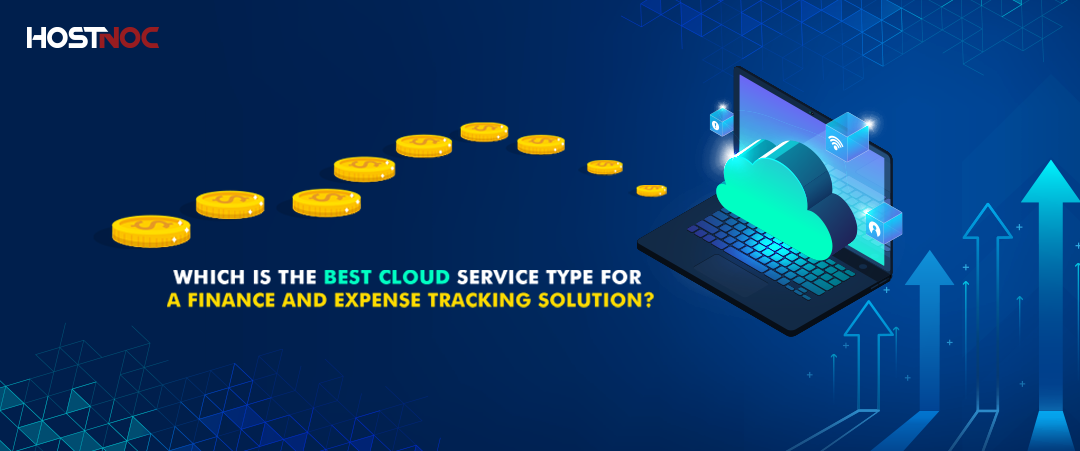Blogs

5 Common Types of Server Performance Issues and How to Resolve them
October 3, 2018
All You Need to Know About Virtual Private Servers – Infographics
October 12, 20187 Advantages of Hybrid Industrial Cloud That Every Business Should Know
Cloud computing has become a buzzword lately but is all the hype really justified? If you ask me, I would venture a yes. Why? The impact cloud computing left on many industries is remarkable, to say the least. Many businesses are switching to cloud and harnessing the power of the hybrid industrial cloud to manage their business operations smoothly. According to a state of cloud survey 2017, 85% of enterprises have a multi-cloud strategy in place, up from 82% in 2016.
7 Advantages of Hybrid Industrial Cloud That Every Business Should Know
Here are seven advantages of hybrid industrial cloud that will convince you to shift to it.
What is a Hybrid Industrial Cloud?
Hybrid cloud is a cloud computing environment that uses a mix of on-premises, private cloud and third-party, public cloud services with orchestration between the two platforms.
1. Speed and Agility
How long does it take to deploy a new infrastructure? 30 days? Or 90 days? That is a long time in this rapidly evolving technology industry. Thanks to the Hybrid Industrial Cloud, you can easily get instant access to burstable resources. Due to this agility, you can move products faster from beta to production and gain a competitive edge over players due to a faster speed to market. What’s more, there is lesser risk involved. Your IT department will no longer be the bottleneck.
Read more: How To Configure and Optimize PHP-FPM in the Cloud?
2. Scalability
Companies that want to succeed at IT service delivery will have to stay one step ahead of the curve. This means that they should keep pace with the industry and grow their business as the industry evolves. Unfortunately, this is easier said than done. If you have an on-premise IT infrastructure, scaling it according to your business needs can not only be expensive but also inefficient in most cases.
With a hybrid cloud implementation, you can connect on-premise solutions to cloud resources and implement automation rules to obtain future resources. Some top-of-the-line cloud service providers have data centers located in various parts of the world and are capable of delivering mind-boggling hardware performance. With a hybrid cloud, you always have resourced up your sleeves and you can get access to resources on demand.
3. Affordability
Milind Govekar, Managing Vice President at Gartner research, wrote a wonderful article on “Critical Success Factors for hybrid cloud computing”. He wrote, “Hybrid cloud computing can maximize cost efficiency, particularly capital expenditure, through competition and automated arbitrage.”
If you compare hybrid cloud to standalone or on-premise cloud setups, you will find that it weighs heavier on the pockets. The real cost savings come from different use cases such as temporary resources, cheaper cloud storage and data/ application segmentation. Additionally, you can also save a lot of money on maintenance and operations if you are investing in a hybrid cloud infrastructure.
Read more: How To Setup PPTP Server On Ubuntu Linux and CentOS?
4. Flexibility
Flexibility might mean different things for different people. When it comes to cloud, flexibility means the number of choices you have at your disposal. The hybrid cloud offers a wide range of options when it comes to IT service delivery. With a hybrid cloud, you get the best of both worlds. You can get the benefits of all the service delivery methods such as public, private, in-house etc. This also mitigates the risk of choosing one method.
5. Security
Security and privacy have long posed a major hurdle that has put breaks on mass scale cloud adoption, but things have improved substantially since then. The ability to keep your sensitive data stored on dedicated servers makes hybrid cloud a much secure option as compared to other clouds. When you store your important data on a dedicated server, you can enjoy more control over it and manage it according to your business needs.
You can also beef up network security especially when you are directly connecting with private cloud. Security wise, it is much safer as compared to accessing your infrastructure via the public internet. You don’t have to worry about your data in case a natural calamity strikes where your IT infrastructure is located.
6. Network Performance
Ask any cloud user about their banes and latency issues are bound to top the list. This problem stems from slow and poorly performing applications. Hybrid cloud saves you from these annoying network performance hassles, enhancing the overall user experience along the way. With advance load balancing techniques in action, long distance latency issue is not a problem either. As a result, infrastructure is delivered from a location close to the user location. All these benefits translate into an overall better network performance and experience for end users.
7. Backup and Disaster Recovery
Another advantage with the hybrid cloud is that it makes disaster recovery and backup less expensive. You don’t have to buy expensive hardware when you can acquire resources from the cloud at a fraction of a cost. With cloud service providers backup and recovery solutions, you don’t have to worry about it because the service provider is responsible for taking regular backups and restoring access to your data in case a disaster strikes.
Which advantage convinces you to switch to the hybrid cloud? Feel free to share it with us in the comments section below.
Featured Post
Cloud for Media: Everything You Need To Know
Cloud for Media refers to the use of cloud computing platforms, services, and architectures purpose-built to support the end-to-end lifecycle of media and entertainment (M&E) content—from […]
Top 10 Cloud Trends You Can’t Afford to Ignore in 2026
The cloud computing landscape is rapidly evolving, and by 2026, businesses, organizations, and individuals will be deeply intertwined with advanced cloud solutions. From hybrid architectures to […]
Which Is The Best Cloud Service Type for Finance and Expense Tracking Solution?
Table of Contents Different Cloud Service Types Infrastructure-as-a-Service (IaaS): Platform-as-a-Service (PaaS): Software-as-a-Service (SaaS): Software as a Service: The Best Cloud Service Model for Finance and Expense […]












